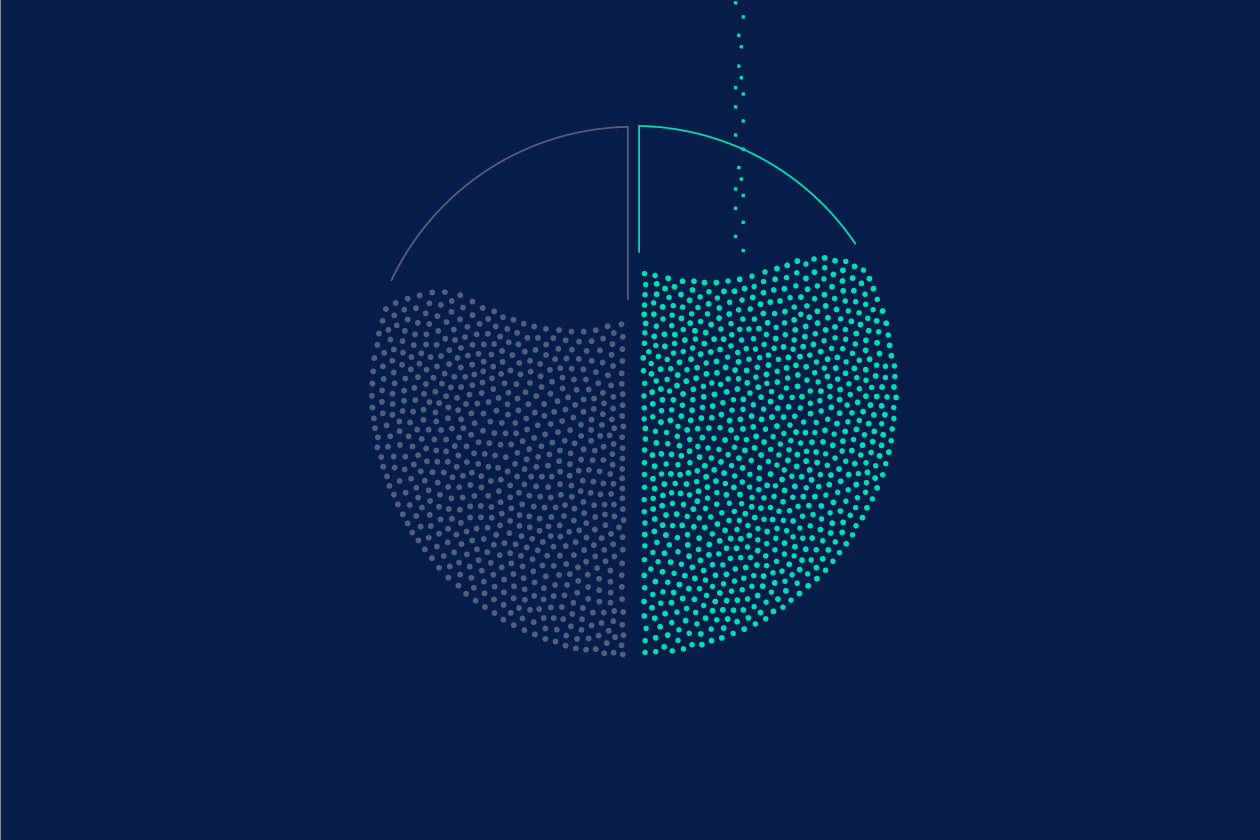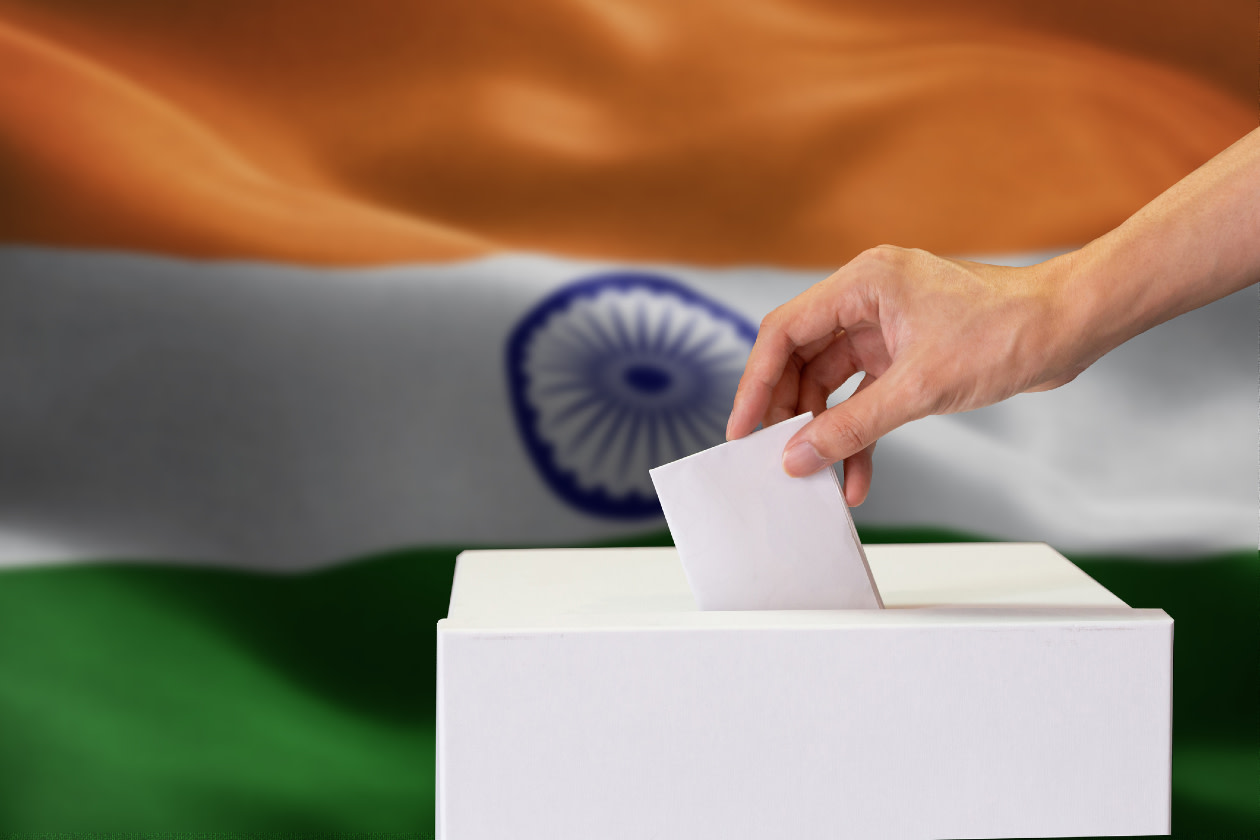In 2024, democracy is taking centre stage with over half of the world’s population heading to the polls.
Elections have immense power, shaping a nation's trajectory, its standing in the international community, and market confidence worldwide. But, they also introduce some uncertainty, prompting investors to brace for potential volatility.
With conflicts in Europe and the Middle East, and the urgent battle against climate change, these elections will have historic impacts on the future.
And with elections in emerging market economies making up over half of the MSCI Emerging Markets Index, the stakes are high and analysts, investors, and policymakers will be keeping a close eye on the results.
It’s hard to ignore the influence of the upcoming US election in November on emerging markets. Lots of nations, especially smaller ones, tie their currencies to the US dollar. So, US monetary policy changes can impact their economies. The outcome, whoever wins, will significantly shape foreign policy, particularly when it comes to China.
What have we seen so far?
Towards the end of 2023, we saw some seismic political shifts across the globe.
Argentina witnessed the election of outsider Javier Milei, tasked with the formidable challenge of tackling over 270% inflation – the world’s worst.
Meanwhile in Poland, the Law and Justice Party’s eight-year rule came to an end, with former prime minister Donald Tusk returning to power with a new coalition government after nine years away.
And in Egypt, Abdel Fattah al-Sisi secured a third consecutive term in office.
The momentum continued into 2024 with a flurry of elections.
In January, Taiwan re-elected Lai Ching-te of the Democratic Progressive Party for a third term. With the ongoing tensions with China, Lai Ching-te faces the challenge of maintaining stability in the Indo-Pacific region.
In February, Indonesia, Southeast Asia's economic powerhouse and the world's fourth most populous nation, saw Prabowo Subianto win a high-turnout election, succeeding Joko Widodo.
Indonesia has a big consumer market, a young work force and has seen increasing foreign direct investment. So, there’s a lot of untapped potential for the incoming president to unlock.
Meanwhile, in Russia, President Vladimir Putin's landslide re-election win seals his leadership until at least 2030.
Receive expert fund insights direct to your inbox every week, including research, investment articles and in-depth sector reviews.
Three emerging elections to watch
With so many elections underway, staying informed can be challenging. Here are three key elections happening this year in emerging markets we think are worth keeping an eye on.
India
MSCI Emerging Markets Weighting | Population: |
|---|---|
17.64% | 1.44 billion |
The world’s most populous country is getting ready for a multiphase general election spanning six weeks from April to June. This is set to be the biggest election on record with around 970 million registered voters.
With their parliamentary system, the party with the majority of the 543 seats in the lower house will form a government with their leader as prime minister. With favourable demographics and a rapidly expanding economy, India's choices in government doesn’t just shape its own destiny, but the future of South Asia and beyond as well.
The current Prime Minister, Narendra Modi and his party, the Bharatiya Janata party (BJP) are expected to win re-election for a third term.
Since he was appointed in May 2014, Modi has introduced a wave of reforms spurring on growth and consumption. Areas like infrastructure spending, digitisation of the economy and financial inclusion have been significant developments.
Mexico
MSCI Emerging Markets Weighting | Population |
|---|---|
2.62% | 129 million |
Mexico’s election in June is set to be the country’s biggest ever. Around 98 million people have registered to vote for president, the 628 congress seats and other local positions.
The winning presidential candidate will be in place for just one term, over six years, giving them plenty of time to implement and oversee policy developments.
Outgoing president, Andrés Manuel López Obrador will almost certainly be making way for Mexico’s first female president, a huge milestone for Latin America’s second biggest economy.
Morena, the ruling party has former Mexico City mayor Claudia Sheinbaum as their candidate and is currently leading the polls. Her main opposition is Xóchitl Gálvez, she’s the candidate for the Broad Front for Mexico.
Mexico is a vital trading partner of the US and a strategic player in North American affairs. In 2023, trade between the two countries reached record highs and looks set to grow further. Mexico's political landscape carries a lot of weight in the global arena.
South Africa
MSCI Emerging Markets Weighting | Population |
|---|---|
2.74% | 61 million |
South Africa’s upcoming May election could be a significant one and couldn’t come at a more critical time. The ruling party, African National Congress (ANC) have been in power since the end of apartheid in 1994.
But sentiment towards the party has been falling. Africa’s second biggest economy has been struggling to say the least and right now has one of the highest unemployment rates in the world.
Economic growth has been lacklustre and well behind the rate of developing peers. Meanwhile, the country has faced an ongoing electricity crisis with daily blackouts.
Polls predict that the election will see the ANC lose its majority to a coalition government for the first time. Coalitions can come with disadvantages, namely slow decision making and instability. This could prove to be a headwind for a country looking to improve its economic prospects.
Real GDP growth projections
This article isn’t personal advice. Past performance isn’t a guide to the future. Investments can rise and fall in value, meaning you could get back less than you invest. If you’re not sure if something is right for you, ask for financial advice.




